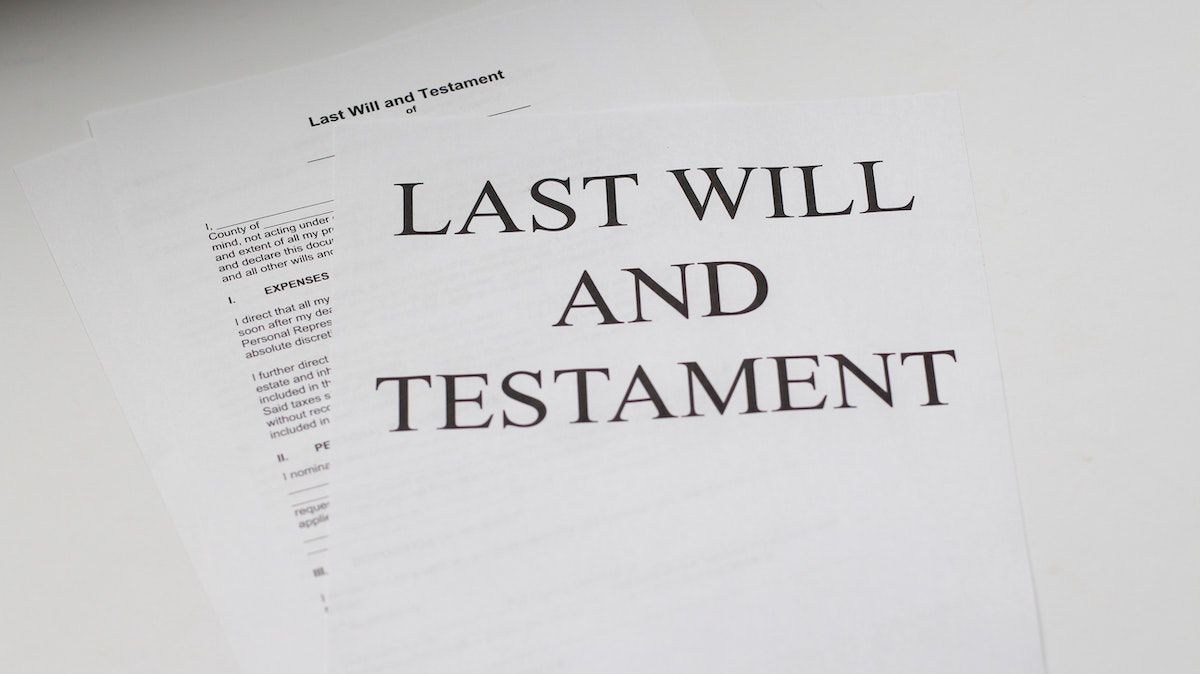How to Handle Debts in an Estate

The passing of a family member is always a painful time. Sometimes, however, the pain can be compounded by financial stress. This is especially true if your loved one died with outstanding debts that must now be paid. A complex process exists for handling debts of a decedent in estates, and it requires careful planning that we’ll discuss below.
Estate Basics
When it comes to handling claims against an estate under U.S. law, things are fairly simple if the estate is solvent, though laws vary by state. When an estate is not solvent, however, things can get complicated quickly.
The executor of the estate, also called a personal representative, has a legal duty to marshal the assets and the debts of the estate. This involves three steps:
- Making an inventory of the decedent’s debts
- Determining the validity of said debts
- Paying valid debts
When it comes to determining validity, it’s generally easy if you’re talking about services your family member contracted for or goods they purchased. Some debts can be less clear-cut, though, like those based on verbal agreements for which no written contract exists.
When an estate is not solvent, meaning there are not enough assets to pay all valid debts, statutorily preferred claims get paid first. Administrative Expenses will be paid as first priority. This refers to the costs and expenses related to the administration of the estate, like legal and accounting fees, and the costs of securing and appraising the estate’s assets.
SEE ALSO: The Heirless Estate: What to Do and When to Do It
After Administrative Expenses, the order of payment proceeds in this way:
- · Reasonable Funeral Expenses
- · Debts or Taxes with Federal Law Preference
- · Necessary Medical Bills of the Last Illness the Deceased Suffered
- · Debts and Taxes with State Law preference
- · Reimbursements of payments of benefits (i.e. Medicaid)
- · All other claims not covered above
How Payment Occurs
The estate’s assets are used to pay each debt in reverse asset priority. Any assets passing by intestacy are applied first. If a will exists, then debts will be paid first from any assets falling under the residuary clause of the will, followed by those falling under general gift in the will and then specific gift assets.
Here’s an example scenario:
Let’s say your loved one’s will reads, “I leave my coin collection to my niece, then I give $50,000 each to my nieces and nephews, and I give the remainder of my estate to my siblings.” When valid debts are outstanding, it’s the “remainder of the estate” assets that are used for payment first, then moving to the $50,000 designated for each niece and nephew, then finally the proceeds from selling the coin collection.